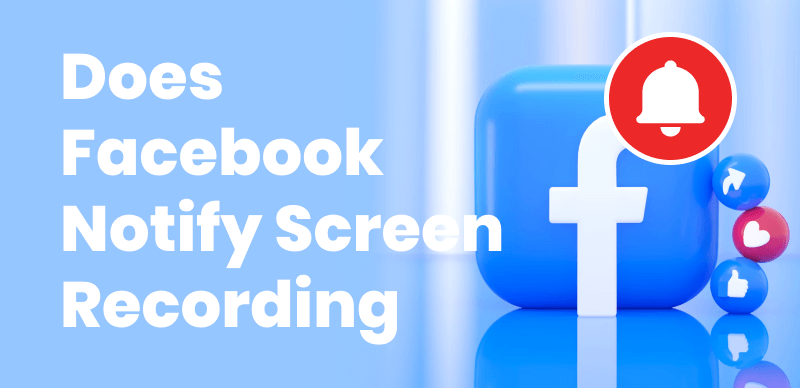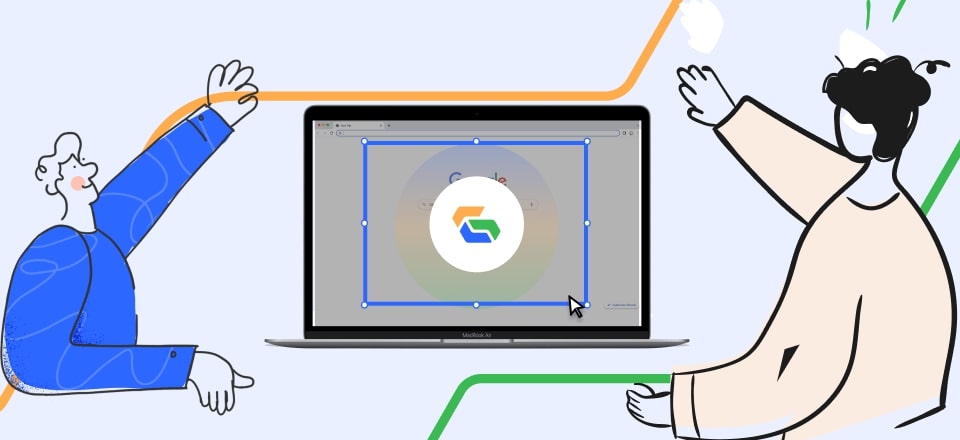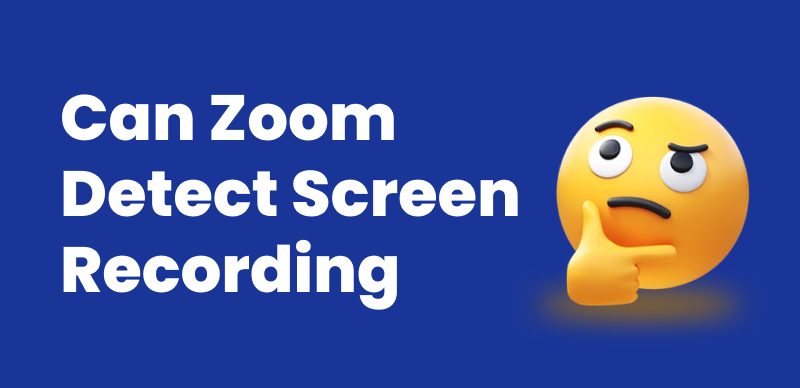When it comes to privacy and personal rights, the question of whether it’s illegal to record someone without their permission is a critical one. This issue touches on the intersection of technology, social norms, and the law. With the prevalence of smartphones and other recording devices, capturing conversations and moments has become easier than ever. However, this ease of screen recording brings it with a host of legal and ethical considerations. The ability to record without consent can lead to the invasion of privacy and potential misuse of captured content, which is why many jurisdictions have specific laws governing the recording of individuals. Understanding the legal framework surrounding this issue is essential for anyone looking to navigate the complexities of recording in public or private spaces.
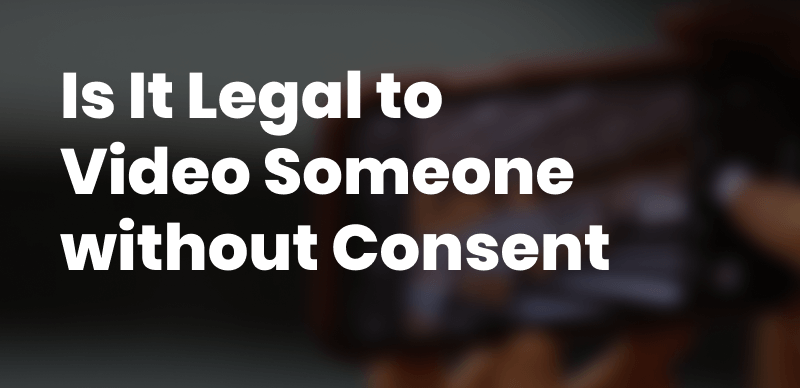
Is It Legal to Record Someone without Their Permission
In this article, we will delve into the legality of recording someone without their permission, explore the variations in laws across different regions, and discuss the implications of such actions. We will also consider the importance of obtaining consent and the potential legal remedies available to those whose privacy has been invaded through unauthorized recording. Let’s embark on a journey to clarify the legal landscape of recording others and the rights that individuals hold when it comes to their privacy.
Table of Contents: hide
Is It Illegal to Record Someone without their Permission?
Is It Illegal to Record Someone without their Permission?
The legality of recording someone without their permission depends significantly on the jurisdiction and the specific circumstances involved. Here’s a general overview, but it’s crucial to consult local laws or a legal expert for accurate guidance in your area.
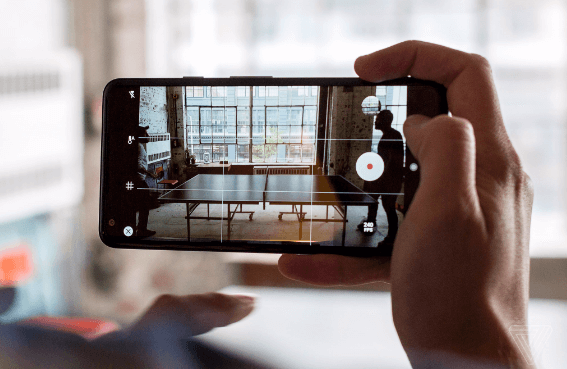
Is It Illegal to Record Someone without their Permission?
United States
In the U.S., laws regarding recording conversations vary by state:
- One-party consent states: In these states, only one participant in the conversation needs to consent to the recording. This means that if you are part of the conversation, you can legally record it without informing the other parties.
- All-party consent states: In these states, all participants in the conversation must be aware of and consent to the recording. Recording without the consent of all involved is illegal and could lead to criminal or civil penalties.
European Union
In the European Union, privacy regulations are generally stricter. The General Data Protection Regulation (GDPR) places significant restrictions on recording personal data, which includes audio and video recordings. Consent, the necessity for a contract, legal obligation, or vital interests are typically required to legally record conversations.
Specific Contexts
- Workplace: Recording conversations in the workplace without consent can lead to legal issues, especially if it violates privacy rights or specific employment policies.
- Public places: In many places, recording in public settings where individuals do not have a reasonable expectation of privacy is more permissible. However, this can vary, and certain types of recordings, especially if they are invasive or capture private activities, could still be problematic.
- Audio vs. Video: Legal distinctions often exist between audio recordings and video capture. For instance, video recordings might be permissible under circumstances where audio recordings are not.
Ethical and Legal Considerations
It’s also important to consider ethical implications alongside legal permissions. Even if recording is legally permissible, it can still raise ethical concerns or lead to unintended consequences like damaging trust or relationships.
Always ensure you are fully aware of and compliant with the laws and regulations applicable to your specific situation before proceeding with any form of recording. When any doubt, securing explicit consent from all involved parties is generally the safest and most respectful approach.
Further Reading: Is It Legal to Screen Record YouTube >
How to Legally Record Someone on Your Computer?
After delving into the complexities of the legality of recording someone without their permission and examining the variations in laws across different regions, the next step is to understand how to conduct recordings with FocuSee in a manner that is both ethical and compliant with local regulations. This is particularly crucial when considering the use of a professional screen recorder to capture interactions on your computer. Whether you’re recording webinars, virtual meetings, or other digital interactions, it’s important to ensure that all participants are aware of and consent to being recorded.
Now, we will walk you through the essential steps to legally use FocuSee for recording someone on your computer.
Step 1. Free install FocuSee and open it on your computer. Open the window you want to record. Click Custom or Window to get started.

Choose a Recording Mode
Step 2. If you choose the Custom recording mode, frame the area and people you want to record.
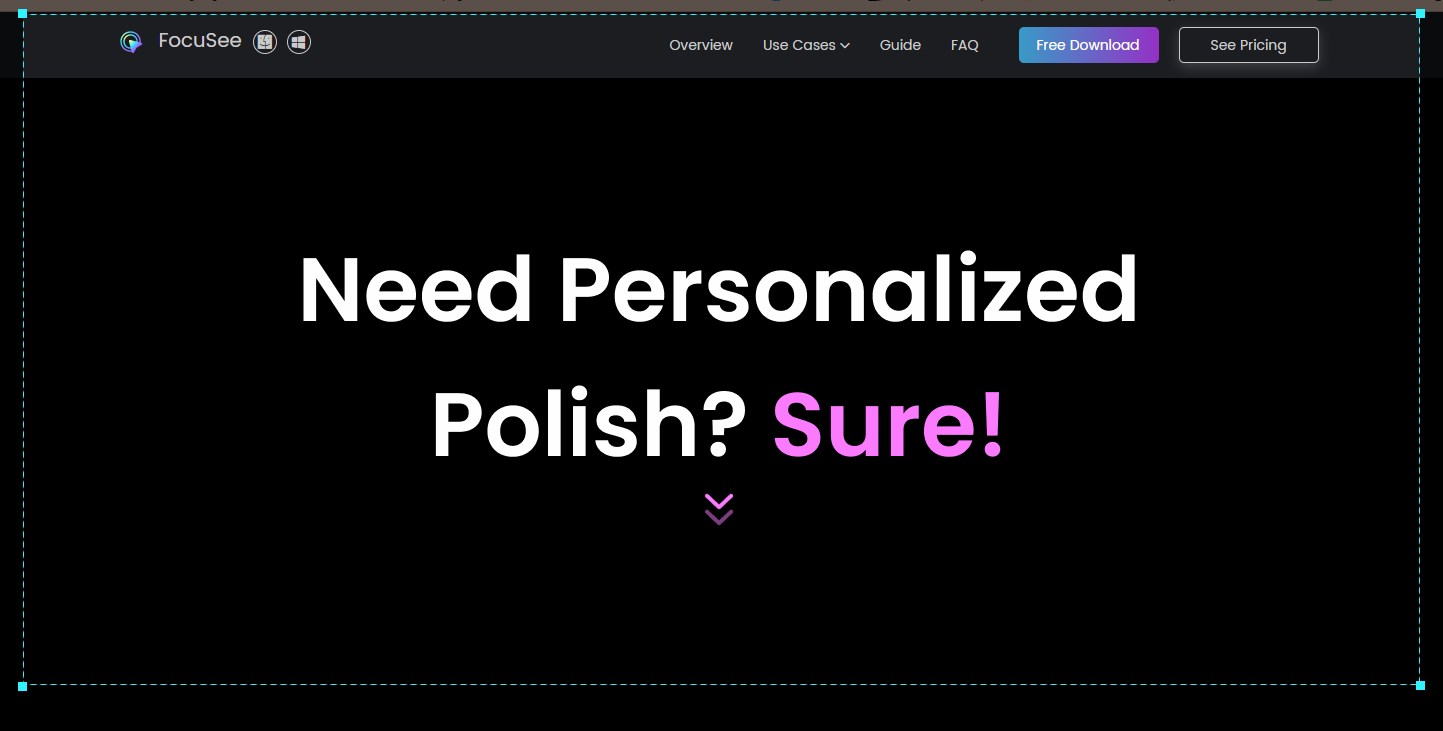
Frame an Area to Record
Step 3. After completing the recording, click the red Stop icon to access the screen recording editing interface.
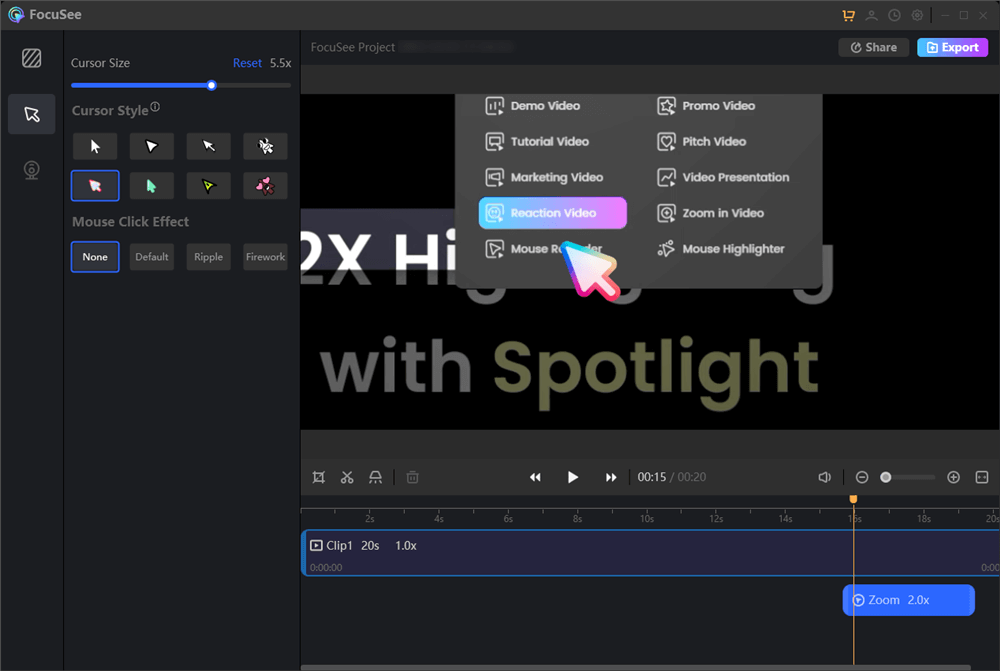
Edit Your Video Clip
Can I Sue Someone for Recording me without my Permission?
Yes, it is possible to sue someone for recording you without your permission, but the specifics depend heavily on the jurisdiction, the context of the recording, and local privacy laws in specific countries and regions.
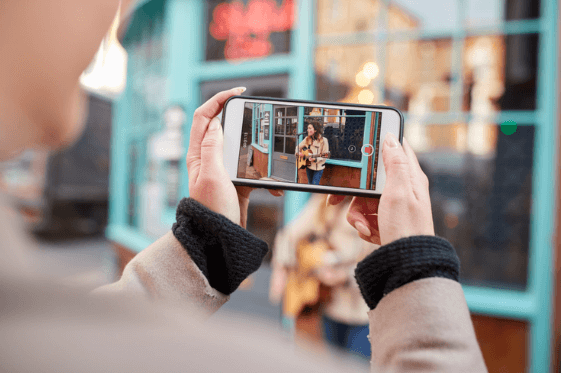
Can I Sue Someone for Recording me without my Permission?
Singapore
In Singapore, if someone records you without your permission, whether you can sue them depends on the context of the recording. If the recording occurs in a public place where there is no reasonable expectation of privacy, it is generally legal to record without consent. However, in private settings or during private communications, recording without permission could potentially infringe on privacy rights and the Personal Data Protection Act (PDPA). If the recording leads to personal data being disclosed without consent, or if it’s done for unauthorized purposes, it may be a violation of the PDPA, and you might have grounds to take legal action against the person responsible. Additionally, if the recording is used in a way that defames your character or causes harm, you may have a claim for defamation or other legal remedies. It’s important to note that for a successful lawsuit, you would typically need to prove that the recording caused you quantifiable harm and that the person recording acted unlawfully or with negligence. Legal advice should be sought for specific circumstances
Philippines
In the Philippines, if you are recorded without your permission, you may have grounds to sue under the Data Privacy Act of 2012 (DPA). The DPA protects the processing of personal data, including the collection, use, and disclosure of such information. If someone records you without consent, especially in a private setting where there’s an expectation of privacy, it could be considered a violation of your personal data rights under the DPA. You may be able to take legal action against the person responsible for the unauthorized recording if it leads to harm or distress. However, the specifics of your case, such as the context of the recording and the use made of the recording, will determine the strength of your claim. It’s advisable to consult with a legal professional to understand the full extent of your rights and the appropriate course of action.
UK
In the UK, the right to sue someone for recording you without your permission largely depends on the context and manner of the recording. If the recording takes place in a public space where there is no reasonable expectation of privacy, it is generally legal to film or record without consent. However, if the recording occurs in a private setting or involves private information, it could potentially infringe on your privacy rights under the General Data Protection Regulation (GDPR) and the UK’s data protection laws. Additionally, if the recording is used to cause harm, such as defamation or harassment, you might have grounds for legal action. It’s important to note that even in public, there are limitations, such as the Protection from Harassment Act 1997, which could provide a legal basis for action if the recording amounts to harassment. For specific cases, seeking legal advice is recommended to understand the full scope of your rights and the appropriate legal remedies available.
Ohio
In Ohio, you may have grounds to sue someone for recording you without your permission, as Ohio is an “all-party consent” state regarding audio recordings. This means that all parties involved in a conversation must consent to being recorded. If someone records a private conversation without the consent of all parties, it is illegal under Ohio’s wiretapping laws. For video recordings, the legality often hinges on whether the recording took place in a setting where there is a reasonable expectation of privacy. Unauthorized recordings that violate these provisions could lead to civil lawsuits for invasion of privacy or other damages, as well as potential criminal charges. Consulting with a legal professional is essential to determine the specific legal options and remedies available based on the circumstances of the recording.
Texas
In Texas, you may be able to sue someone for recording you without your permission depending on the circumstances, particularly under the state’s wiretapping and eavesdropping laws. Texas is a “one-party consent” state, meaning that in the context of audio recordings, only one party involved in the conversation needs to consent to the recording. This implies that if you are not a party to the conversation and someone records you without consent, it could be illegal. Additionally, for video recordings, issues of privacy come into play, especially if the recording occurs in a place where you have a reasonable expectation of privacy, such as inside your home. If the recording is deemed an invasion of privacy or causes harm, you might have grounds for a lawsuit. Consulting with a legal professional can provide guidance specific to the nature of the recording and the potential for legal action.
PA
In Pennsylvania, you can potentially sue someone for recording you without your permission, as it is an “all-party consent” state for audio recordings. This means that all parties involved in a conversation must agree to be recorded, and failing to obtain this consent can be a violation of state wiretapping and electronic surveillance laws. Unauthorized audio recording, particularly in private settings where the individuals have a reasonable expectation of privacy, can lead to civil lawsuits for invasion of privacy and may also result in criminal charges. For video recordings, the legality primarily depends on the expectation of privacy in the location of recordings. Consulting with a legal professional is advisable to understand the specifics of your situation and to determine the appropriate legal action based on the details of the unauthorized recording.
Final Thought
In conclusion, the legality of recording someone without their permission is a complex matter that hinges on jurisdictional laws, the context of the recording, and the medium in which the recording takes place. While it may be permissible to record in public spaces where there is no expectation of privacy, doing so in private spaces or conversations is typically more restricted and can infringe on privacy rights. The “one-party consent” rule applies in some regions, allowing recording if one participant in a conversation agrees, but other places require the consent of all parties involved. Regardless of the legal specifics, the ethical considerations of recording others should not be overlooked. It is always prudent to err on the side of consent and respect for privacy. If you find yourself in a situation where recording is necessary, seek the consent of all parties, and be aware of the legal and ethical guidelines in your jurisdiction. When in doubt, consulting with a legal professional can help ensure that you are acting within your rights and respecting the rights of others.

